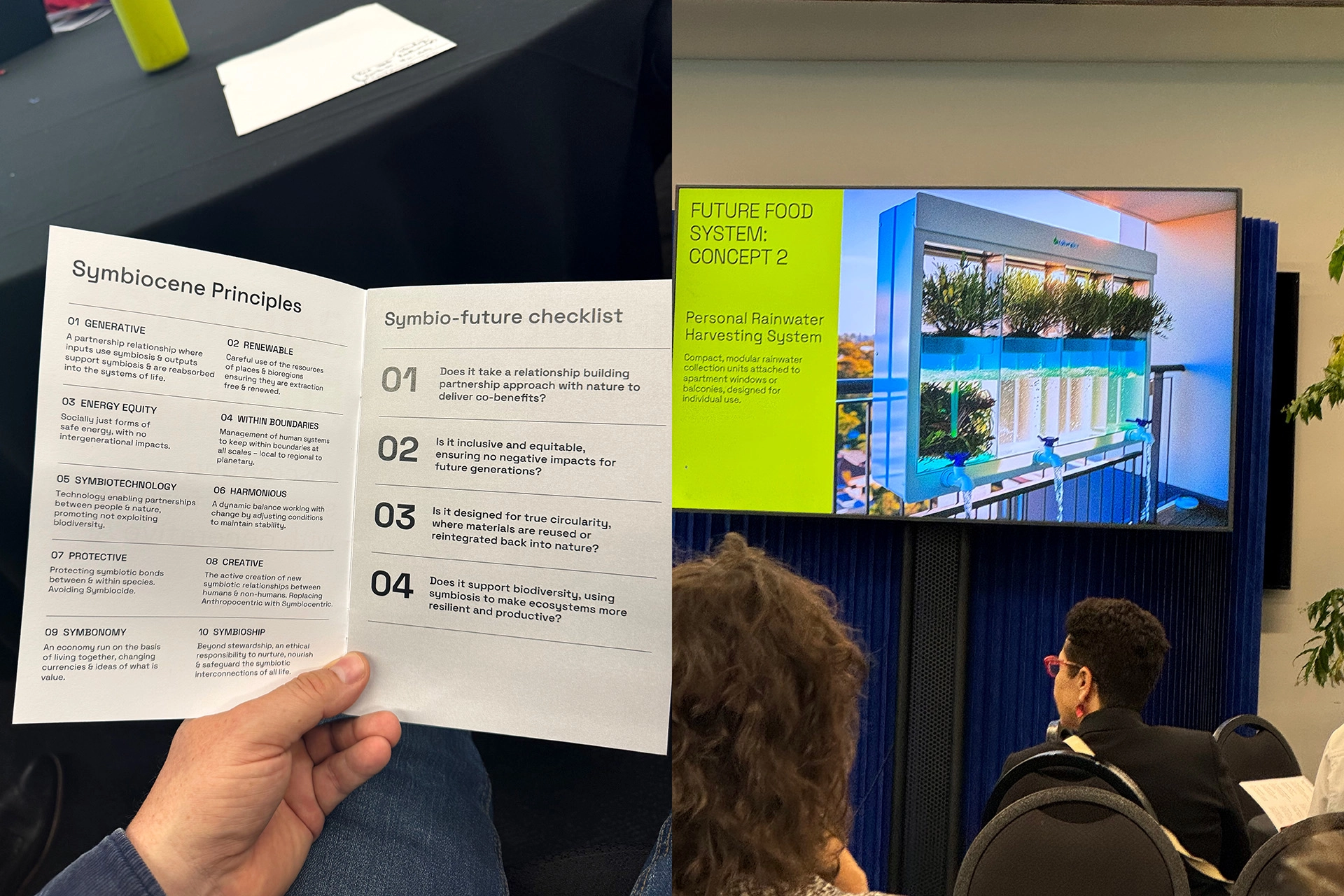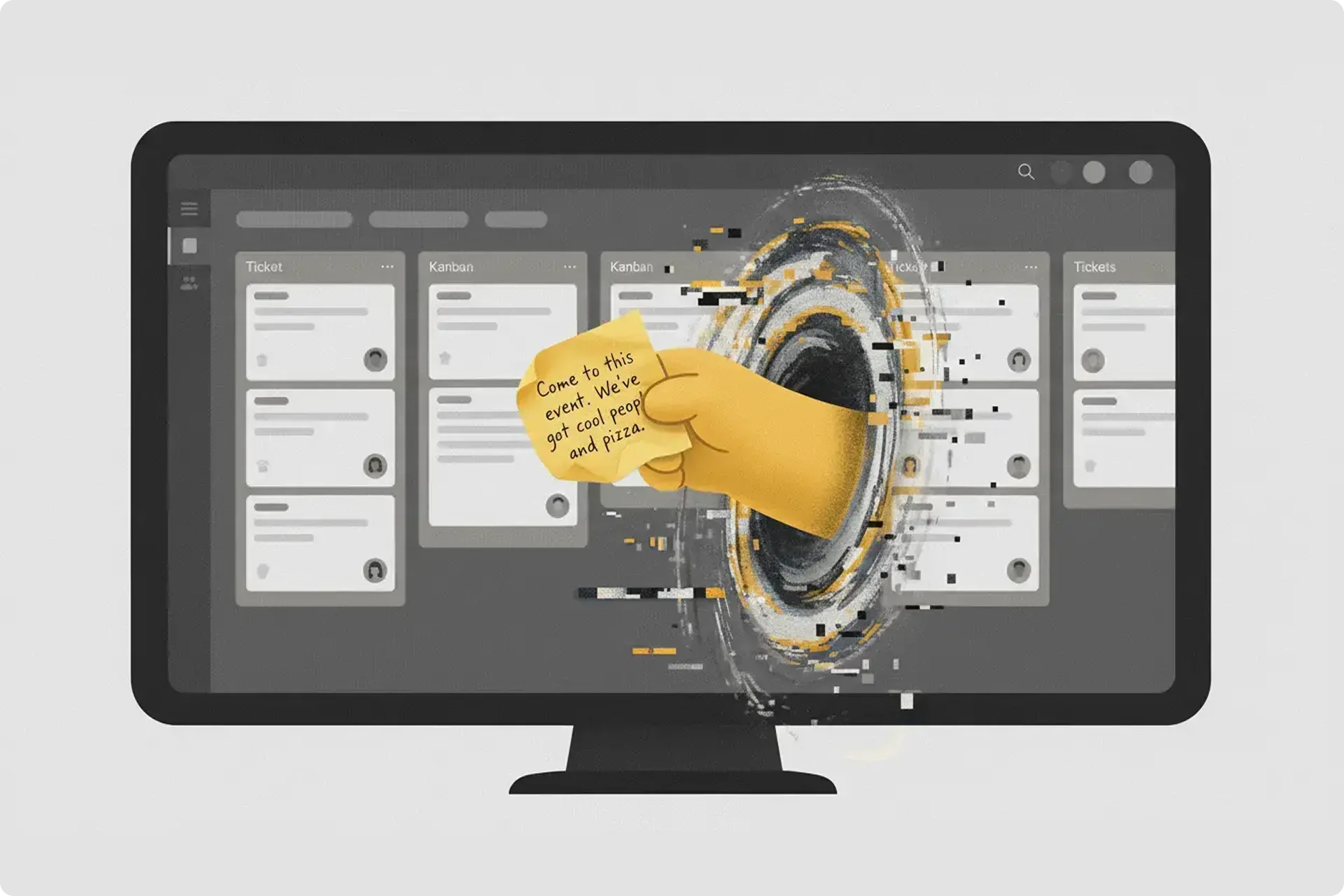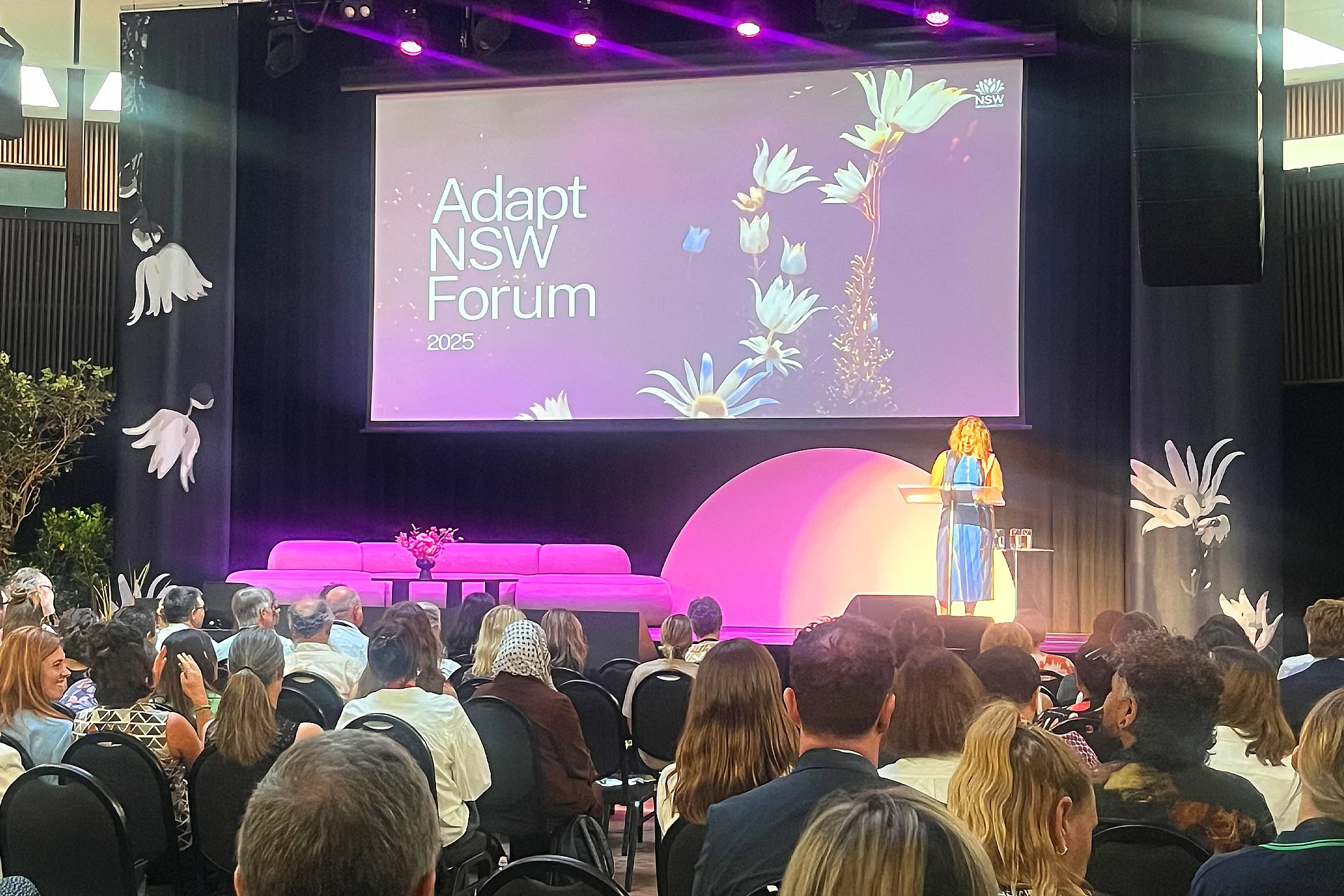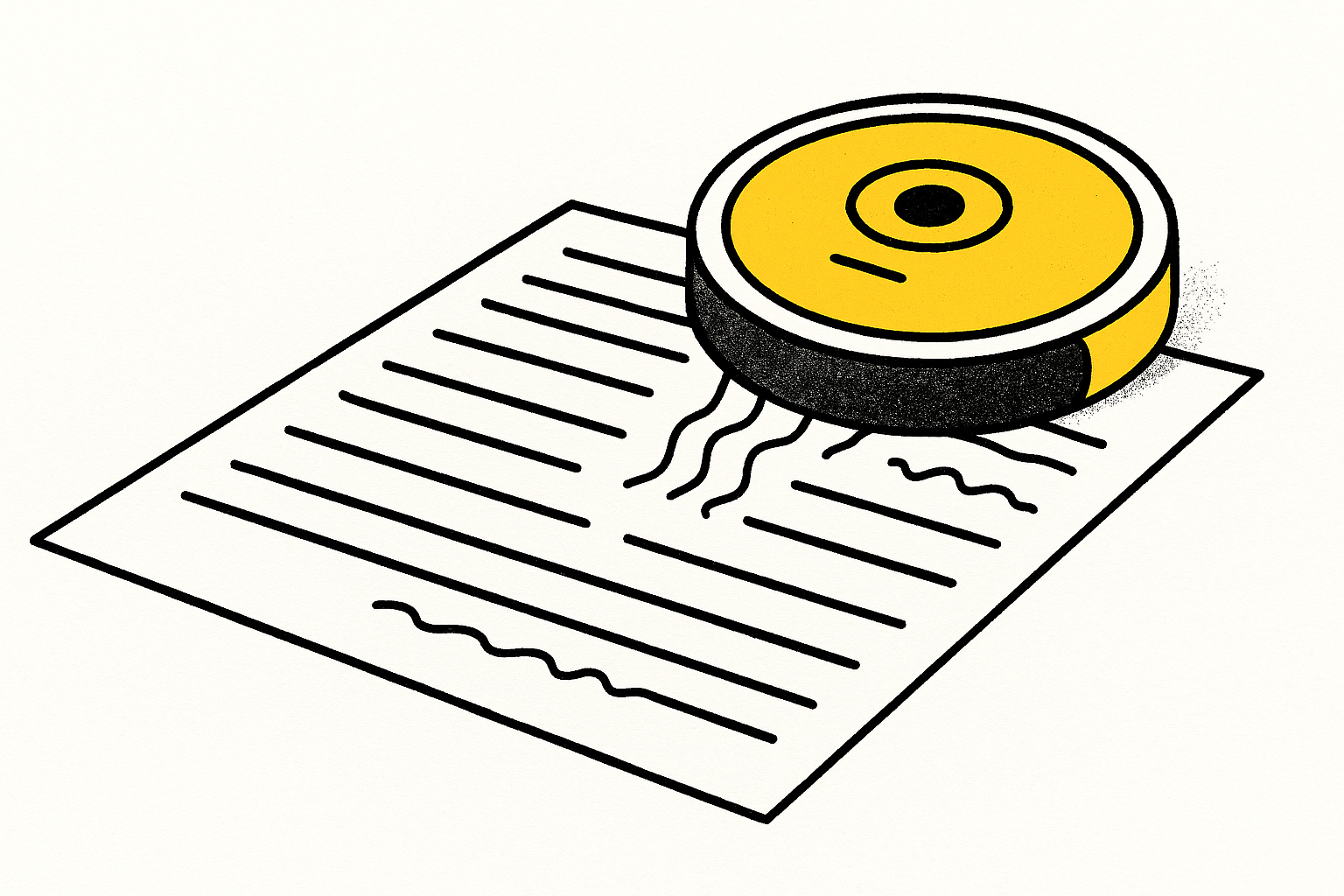As humans, we often struggle to adapt to new realities. Climate change is no exception.
Climate change adaptation is the practice of adjusting infrastructure, ecosystems, behaviours and decision-making to:
- reduce risks
- strengthen resilience
- help societies prepare for and thrive amid current and future climate impacts (things like hotter cities and extreme weather events).
The adaptation space is complex. Historically, the conversation has been concentrated within the science and climate community, but this is changing.
One leader in the change is AdaptNSW, conveners of the AdaptNSW Forum.
2024 marked Folk’s third year attending the event, which demonstrated that now is the time to protect the ecosystem, adapt and, most of all, encourage bold action.
These are our takeaways.
Shared benefits (and knowledge) will drive change
Chair of the Net Zero Commission Dr Paul Grimes, along with Commissioners Meg McDonald and Bundjalung man Oliver Costello, spoke about how NSW will meet its emissions reduction targets and increase its resilience to a changing climate.
They discussed the importance of the Net Zero Commission and NSW Adaptation teams working together - not in silos - and the importance of connection to Country and community. Identifying co-benefits and working collaboratively will be important for the state.
Meg shared the example of how shallow oyster reefs preserve the coastline, filter water and improve the water quality. They also improve biodiversity by increasing fish and marine species population to those areas. NSW has a project to restore oyster reefs, which has benefits to the shoreline and communities. Examples like this, where design is inclusive and adaptation is done well, demonstrate how we can create change to benefit more people and groups.
Oliver shared that our ancestors have adapted to change from the very beginning. He spoke on the importance of tuning into this process to learn from what’s already happened around us. He shared examples of how fire can be used to connect to Country, while mitigating impacts to the environment, animals, and cities.
Beck Dawson and Aaron Coutts-Smith also shared the work that the NSW Department of Climate Change, Energy, the Environment and Water and the NSW Reconstruction Authority are doing to reduce disaster risk in communities whilst addressing climate risk. They’re taking a more cohesive approach by sharing knowledge across regions and focusing on relationships, partners, and networks.
Overall the message is that as a state we should continue learning and looking for opportunities to improve. Australia has diversity in culture and industry. We should listen to and hear voices from diverse communities and individuals, create social equity, and speak truthfully to move forward in making change.


Image sources: Elin Bandmann Photography, @elinbandmannphotography
Futures thinking must be both practical and experimental
How do you plan for a future you can’t imagine?
Stephan Willemese prompted us to think about the destructive impacts of growth and expansion to our shared planet. His presentation and workshop, which spanned history, culture, philosophy, futures, and design, highlighted that we’re on an unsustainable path.
This was all delivered through the lens of practical methods for designing speculative futures. We can see how this future-focus will play a role in strategic design in the climate adaptation space. By understanding human behaviours and challenges, we can identify barriers to engagement and create more targeted programs, products, and policies – and ultimately contribute to a more promising future for all.

The newly established Symbiocene Institute also ran a workshop, bringing together Symbiocene principles and generative AI. Through a live capture of inputs from the audience Leonardo.ai produced some utopian scenarios and future concepts across Food Systems and Built Environment.

Bruce Chapman, architect of HECs, proposed that contingent loans would be a supportive solution in regenerative farming and climate-impacted business.
He used the story of HECS to articulate social benefits associated with renewed financing models.
In some countries, university lending systems are like traditional mortgages. They demand constant repayments with no consideration of external factors. Throughout COVID, students all around the world who couldn’t keep payments up were blackmarked, with significant impacts on mental health.
As Bruce said, “Contingent loans mean: pay when you can. Pay more when you really can. Don’t pay anything when you really can’t. Capacity defines contingent debt.”

We’re already experiencing the consequences of inaction
Emma Bacon of Sweltering Cities shared some ideas around imagination, alongside gruelling stories of hot suburbs in Australia.
In Greater Western Sydney, primary school children regularly walk 2kms in 50-degree ground heat, due to free bus pass legislation. There is a lack of trees (which not only provide shade but lower ambient street temperatures), bus shelters, and services to provide relief.
We don't have to wait to see the impact of a changing climate, and many of the challenges it brings have simple solutions.

Image source: Elin Bandmann Photography, @elinbandmannphotography
Thank you again to AdaptNSW for another inspiring and thought provoking event. We look forward to supporting our clients and our communities in understanding the impacts of climate change and how we can take steps forward to adapt. We look forward to returning next year.






